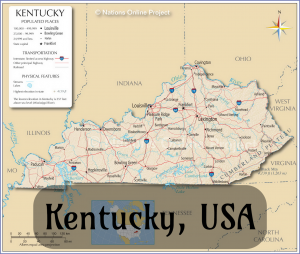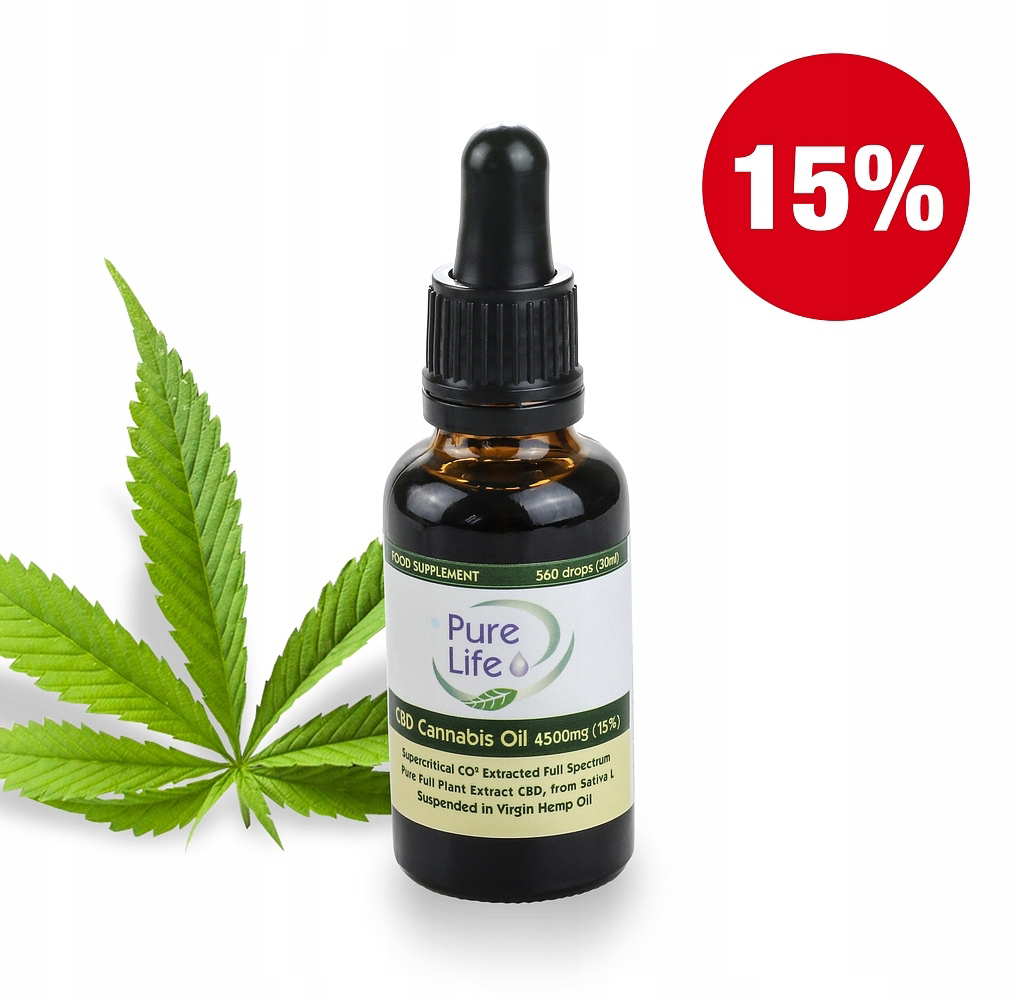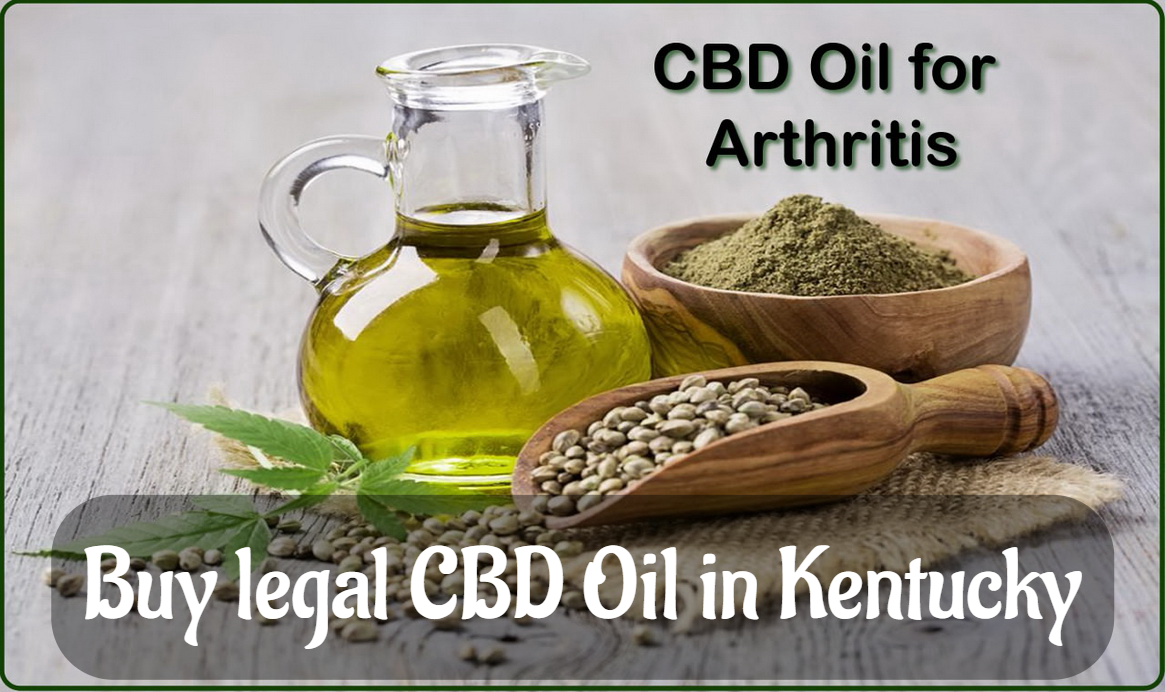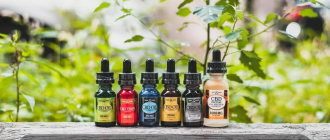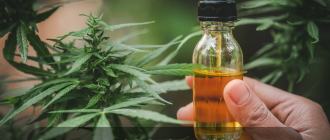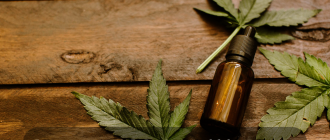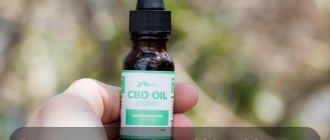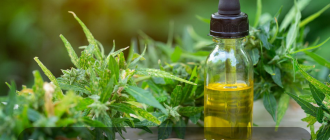I remember how confusing it was when I first started looking for CBD oil in Kentucky. I quickly learned that the key is ensuring any product you buy is derived from hemp and contains no more than 0.3% THC, which aligns with federal regulations that Kentucky observes. Once I knew this threshold, the next step was verifying lab results. If I couldn’t locate a Certificate of Analysis showing the THC level and overall cannabinoid profile, I steered clear and found a brand that provided transparent information instead.
Some of the competitor posts I read did cover lab reports but often skipped over the importance of diving into detailed results. I realized it wasn’t enough to just see a one-page summary; I wanted to confirm the actual percentage of THC, the CBD content, and to make sure there were no concerning contaminants. Reputable brands usually have this readily available on their websites, or they’ll show you where to find it if you reach out.

When looking around Kentucky, local stores that specialize in CBD can be excellent sources. Most of the time, the staff will let you see lab reports or point you to a QR code right on the package. Shopping online can be just as reliable if you pick companies with solid reputations, visible certificates, and a history of positive customer feedback. I noticed that competitor blogs didn’t always stress the importance of reading verified user reviews, but it helped me separate the truly good products from ones that were all hype.
I made it a habit to keep up with updates on Kentucky’s CBD laws too. Even though the core rule about 0.3% THC hasn’t changed much, it’s good to check official sites or local news now and then in case there’s a revision. Finally, if I had concerns about dosage or interactions with anything else I was taking, I found peace of mind in talking to a healthcare professional. That final step, which many online guides skip, assured me I was using CBD in a way that truly fit my personal health needs, and it made the whole process feel a lot more rewarding.
